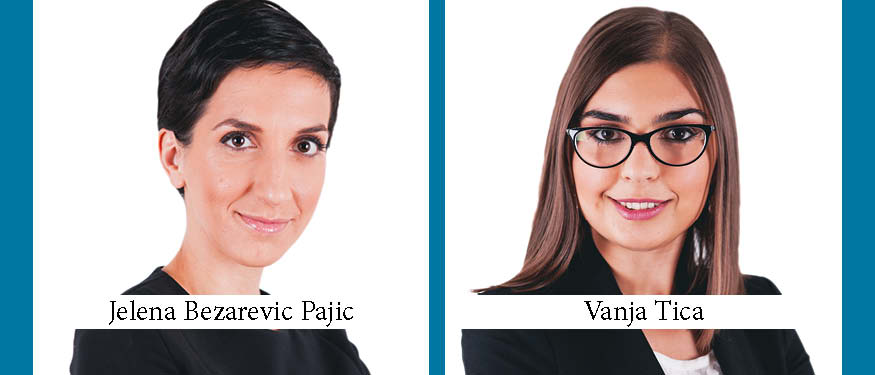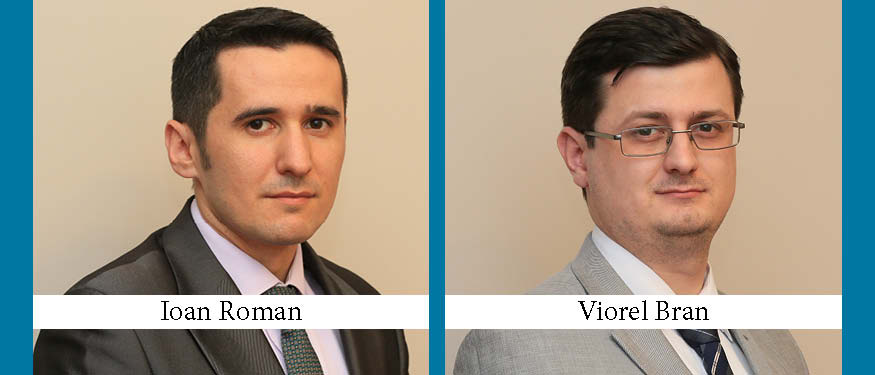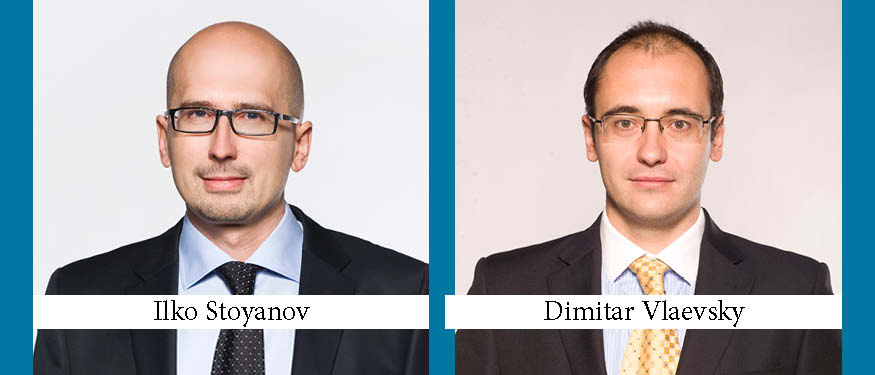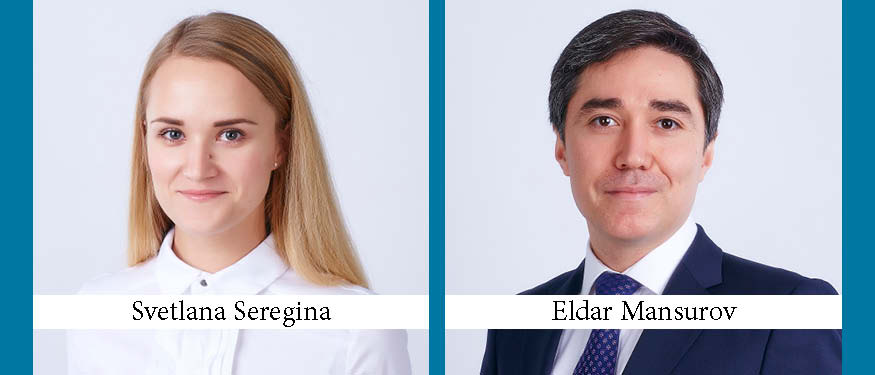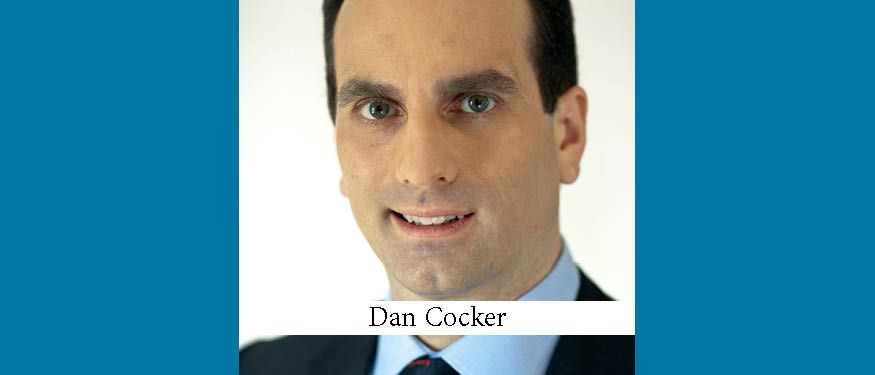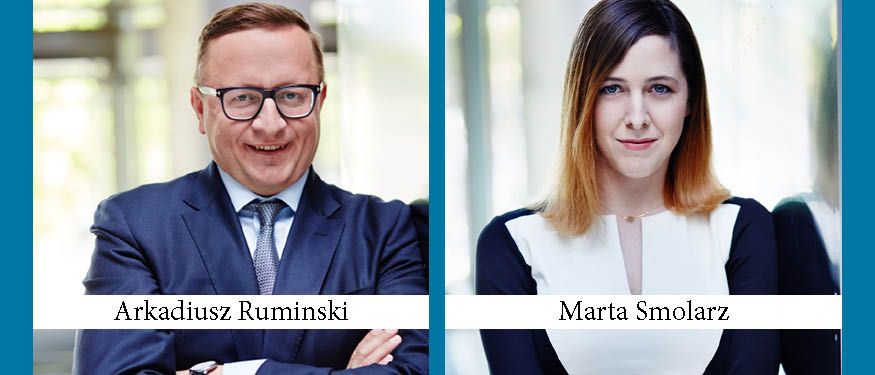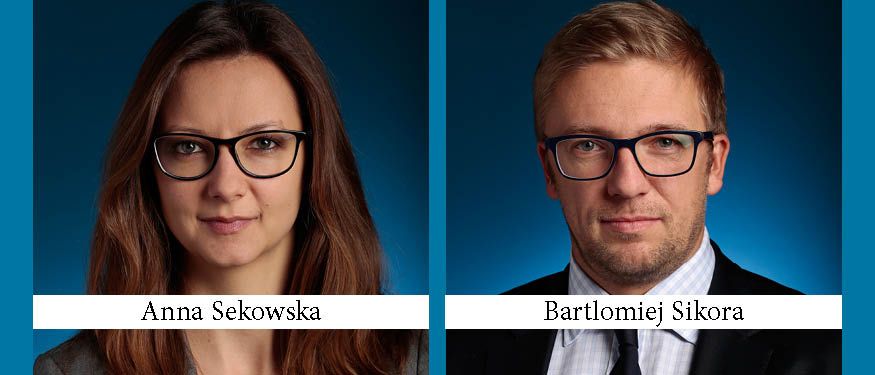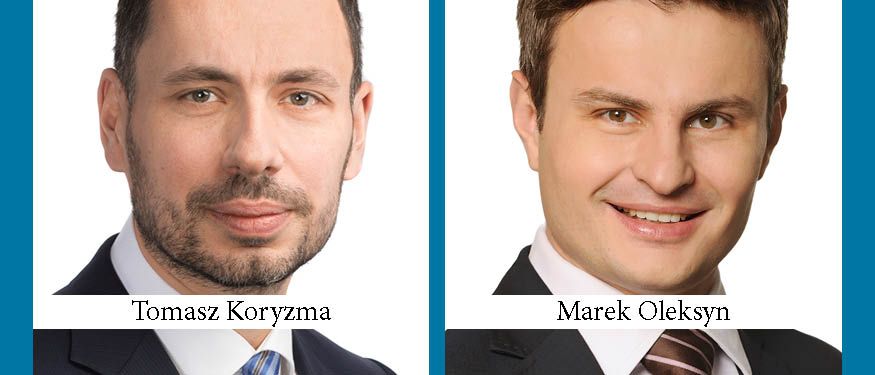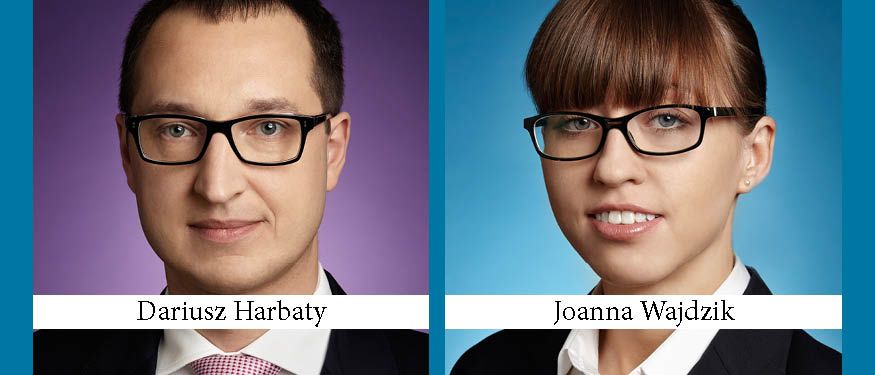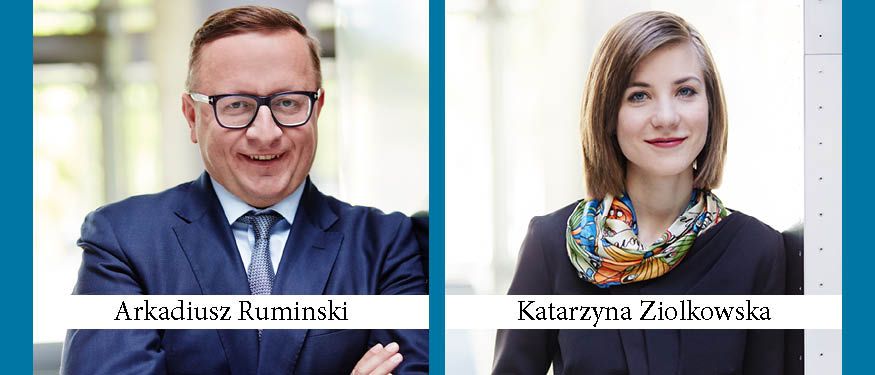Directive 2013/11/EU of the European Parliament and of the Council of May 21, 2013, on alternative dispute resolution for consumer disputes (“Directive on Consumer ADR”) obliged Member States to bring into force the laws, regulations, and administrative provisions necessary to comply with it by July 9, 2015.
Major Reforms to Enter into Force in 2017
Since former Of Counsel of Taylor Wessing Bratislava Lucia Zitnanska was appointed Slovak Minister of Justice in April 2016, the legislative changes prepared by her department have primarily been driven by the practical need to improve the enforceability of law and increase the importance of e-communication tools. To those ends, two major reforms concerning debt enforcement will enter into force in the first half of 2017.
When Arbitration Meets Insolvency in Montenegro – Can They Coexist?
Even at first blush, it is apparent that arbitration and insolvency make strange bedfellows.
Securing Your Victory Beforehand
Debt recovery is one of the most challenging parts of day-to-day business, especially in an environment where debtors aim to hinder enforcement by fraudulently diminishing their estate.
The Constitutional Court of Slovenia (Court) Decides in a Highly Anticipated Bail-In Case
Currently, one of the main issues in Slovenia is the ruling in late October 2016 of the Constitutional Court of Slovenia regarding constitutional rights violations suffered by investors in five major Slovenian banks when both their equity capital and the subordinated instruments were written off as a result of extraordinary measures exercised by the Bank of Slovenia between December 2013 and December 2014 as a result of the systemic banking crisis.
Amendment to Bulgarian Legislation Facilitates Mass Claims
In November, the Bulgarian Parliament began debating the amendments to the Competition Protection Act (CPA) with respect to the implementation of the EU’s Directive 2014/104/EE on Damages Actions for Antitrust Infringements (the “Directive”). Interestingly, the main aim of the Directive and the proposed amendments to the CPA – facilitating the private enforcement of infringements of competition law – coincides with what is probably the biggest cartel investigation in the history of the Bulgarian Commission for Competition Protection (CCP).
Stretching the Arbitral Clause – Tacit Consent to Arbitration under Serbian Law
An issue that has been increasingly raised in international arbitration is whether third parties can be included in arbitration without their explicit consent.
Ukrainian Judiciary: Passing Through Turbulence
The Ukrainian court system saw significant changes in 2016. The first, and probably the most important, was the initiation of judicial reform, which included changes to the Constitution of Ukraine and a truly significant amount of new laws (some of which have already passed through the Parliament, with others still under development). In addition, in 2016, Ukrainian legal community witnessed some unexpected decisions of the Supreme Court of Ukraine affecting the jurisdiction of Ukrainian courts, which contributed to uncertainty in the Ukrainian judiciary.
Arbitration Reform: New Rules – New Concerns?
As part of comprehensive arbitration law reform in Russia, the new Russian Arbitration Law (Domestic) has come into force and become better aligned with the UNCITRAL Model Law. Several aspects of the new Arbitration Law need to be kept in mind when executing new arbitration agreements and enforcing existing ones.
An Insight Into the innovative Ordinary Procedure Before First Instance Courts Launched by the New Greek Civil Procedure Code
Past and recent records of litigation proceedings before first instance courts in Greece reflect an unfortunate reality: severe delays in case trials, most of the times coming as a result of lengthy hearings and an ever-expanding caseload, as well as many consensual or disputed trial adjournments or ex officio adjournments due to fortuitous circumstances (strikes, elections, etc.).
Expat on the Market: Dan Cocker Partner at Allen & Overy
Dan Cocker is a Partner in Allen & Overy’s Global Projects, Energy, and Infrastructure Group. He covers the Central and Eastern Europe region and has been based in Warsaw since 2011, after previous stints in the firm’s London, Frankfurt, and New York offices.
Inside Insight: Pawel Stykowski Head of Legal at InterRisk
We first spoke with Pawel Stykowski, the Head of Legal at InterRisk in Poland, two years ago, in the December 2014 issue of the CEE Legal Matters. We decided to follow up with him now to see how his role and expectations have changed in that time.
Inside Out: KZP Helps Echo Polska Properties Acquire Seven Office Buildings in Poland
The Deal:
In November 2016, CEE Legal Matters reported that Kochanski Zieba & Partners had advised Echo Polska Properties N.V. on its EUR 265 million acquisition of seven office buildings in Krakow, Gdansk, Katowice, and Lodz from Echo Investment S.A. The sellers were advised by Weil Gotshal & Manges.
Bid Rigging – Still on the Radar
Over the past years the Polish Office of Competition and Consumer Protection (UOKiK) has been intensifying measures aimed at investigating tendering procedures.
Closing the Loopholes in the Polish Tax System
Tax dodging may cost Poland over EUR 11 billion a year. It is estimated that corporate tax evasion accounts for around EUR 2 billion annually. VAT frauds alone may cause the State budget losses of EUR 9 billion every year. These numbers have encouraged the Polish government to increase efforts aimed at closing existing loopholes.
Patent Enforcement in Poland: What to Watch Out For and Where Not to Stumble
The number of patent infringement cases in Poland is steadily growing. However, even the best drafted patents and clear infringement background may prove insufficient for effective enforcement in cases where a matter has not been properly prepared. The summary below focuses on key legal remedies available for patent holders to effectively counteract infringing activity in Poland and indicates the key aspects that need to be addressed.
The State of Polish M&A
Compared to 2015 – a very busy year for Polish M&A with the value of deals growing by 79% to EUR 6.9 billion, which positively distinguished Poland from other CEE countries – 2016 has turned out to be less intense. Still, although policies of Poland’s right wing government – the Law and Justice Party, which was elected in November 2015 – may have weakened investors’ sentiment somewhat, economic data remains respectable at 132 deals (compared with 177 in 2015).
New Rules on Consent to Data Processing
The new law on data protection matters at the European level has been discussed at length over the last few years. It will finally come into force as a Regulation on May 25, 2018. These new provisions will unify personal data protection measures in the EU, and therefore certain changes to data protection standards will be introduced in Poland too. Since the lawfulness of data processing is a key aspect, a closer look at the impact of the Regulation on the commonly used basis for data processing in Poland – consent by the data subject to the processing of his or her personal data – is useful.



